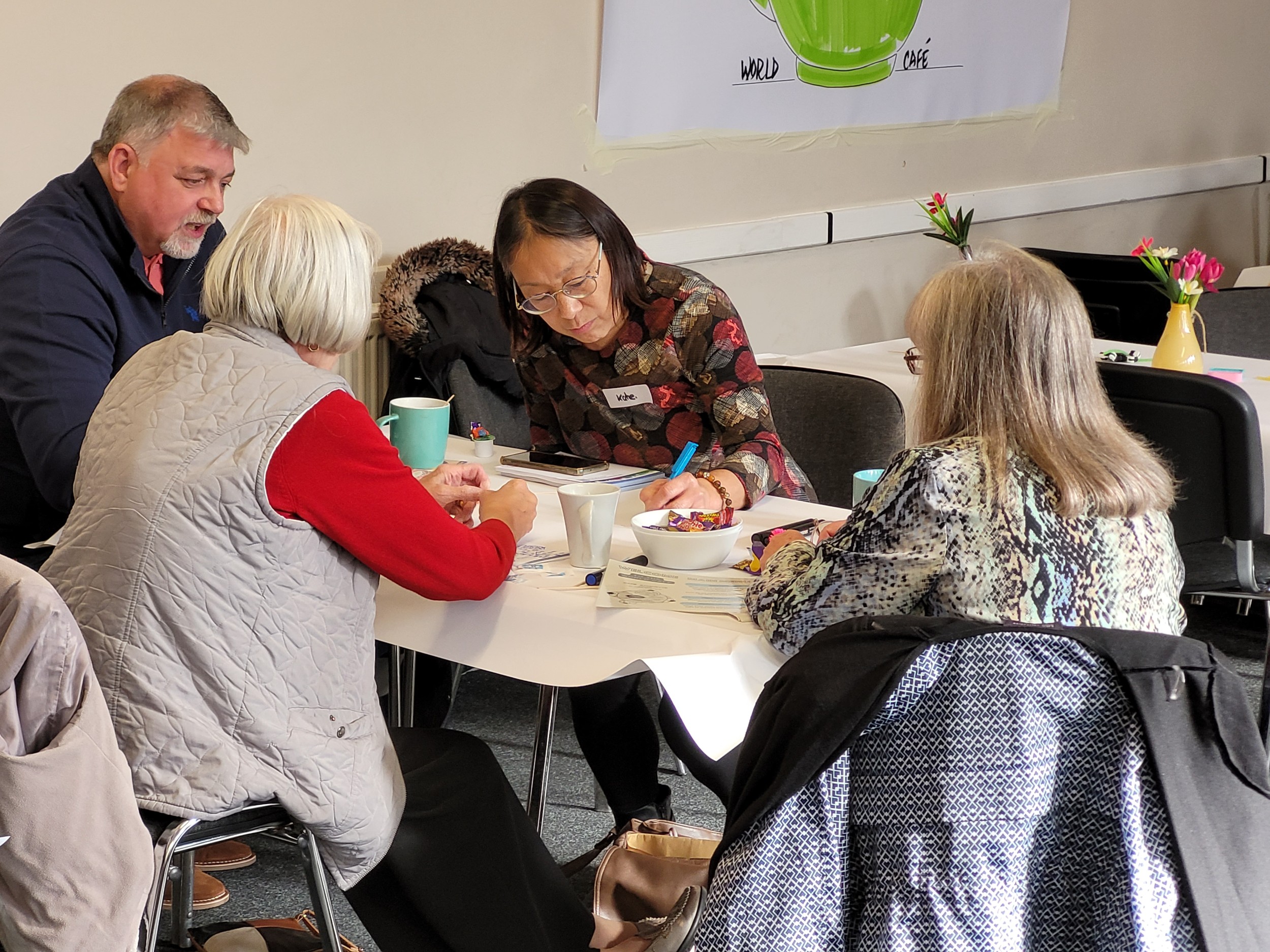Across the Black Country, the NHS and local authorities are working together to improve the health and wellbeing of 1.26 million people.
Average life expectancy in the UK had been increasing until the pandemic began in 2020. Whilst the effects of Covid-19 are still being researched, we do know that it reduced life expectancy levels to that of a decade ago. Whilst average life expectancy had been improving, the rates of the growth were not the same for everyone, with life extension growing more slowly for people living in deprivation compared to those living in greater levels of affluence. As life expectancy increased, healthy life expectancy has decreased leading to people living more of their life in ill health. This not only creates a burden on individuals and their quality of life, but it also impacts the health and care system.
Population health management is an approach that aims to improve physical and mental health outcomes, promote wellbeing, and reduce health inequalities across an entire population. This includes the wider determinants of health, such as air quality, how socially connected people are and the lifestyles people lead, which have a significant impact on health. As little as 20% of a person’s health outcomes are attributed to the ability to access good quality health care, and this demonstrates the crucial role of communities on the health of people across the Black Country.
The Academy has been established to enable NHS and local authorities in the Black Country to respond to the changing health needs of their population. The Academy plays a key role in understanding population health challenges and uses data insights to inform solutions to the challenges people face. This approach is known as population health management.
The Academy supports local statutory and non-statutory organisations to:
-
build a shared knowledge and understanding of the Black Country population and of the solutions for achieving better outcomes for people
-
provide and promote standardised approaches to evaluation, learning and system improvement, supporting a reduction in unwarranted variation and sharing best practice
-
provide a mechanism for coordinating training and development initiatives through a single workforce strategy
-
enable the health and care system within the Black Country to coordinate improvement activities (including those promoted by national/regional bodies), ensuring they are sustainable and achieve the optimal benefits.
The NHS Long Term Plan places an emphasis on prevention and early diagnosis, along with the integration of health and care services, where community services, public health, social care, voluntary sector, police, fire service, GPs and hospitals are all working better together.
Making choices matter for the population
The health and care services will be proactive in helping people to manage their health and wellbeing, provide personalised care when needed and ensure local services work together to offer a wider range of support closer to people’s homes.
Examples of how population insights will be used across the Black Country:
-
Understand why there are inequalities in access to planned care
-
Explore how services can meet the needs of people with advanced serious illness and improve health outcomes
-
Explore how we can improve end of life care
-
Explore how inequalities can be addressed through primary care
-
Identify and develop people who work in the NHS and local authorities with the skills needed to answer these questions.


